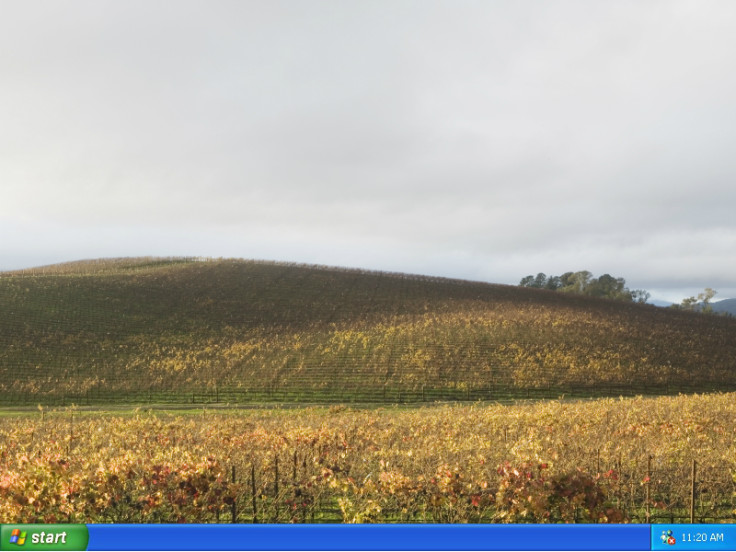RIP Windows XP - Microsoft Says Goodbye and Good Riddance to Creaking OS

First launched in October 2001, within five years over 400 million versions of Windows XP had been installed on computer systems around the world.
The operating system's enormous popularity was subsequently aided by the pitfalls of its successor, Windows Vista, with IT specialists deeming the follow-up "bloated" and prone to viruses. It took the arrival of Windows 7 in 2009, a full eight years after XP's launch, to finally knock the old OS off its perch.
But it was a case of too little, too late for Microsoft.
The tech giant has been forced to continue support for XP for over 12 years, two years longer than the normal lifespan of an operating system, due to users refusing to move on.
Even now, on the day that support finally ends, Windows XP accounts for over a quarter of all operating systems in the world.
This has led to fears that opportunistic hackers and malware coders will take advantage of unpatched exploits, potentially affecting critical infrastructure still relying on the operating system like hospitals and financial institutions.
A long goodbye
Some governments still running the OS, including the UK and Dutch governments, have had to resort to last-minute deals with Microsoft to extend support at a cost of millions to taxpayers.
However, the majority of users still using the ancient OS will be left high and dry, with some expecting a sudden spike in cyber-attacks through exposed vulnerabilities that will never be patched.
Microsoft may be ending automatic updates for Windows XP today but it isn't able to wash its hands of the OS quite yet. Along with those institutions that have pleaded for continued support, Microsoft will continue to fight against viruses until 15 April 2015.
What's worse for Microsoft is that Windows XP might not be the only behemoth that it will have to shake off. With Windows 7 now accounting for over half of all operating systems in the world, and with people reluctant to move to the unfamiliar surrounds of Windows 8, Microsoft must be wondering if there is another monster on its way.
© Copyright IBTimes 2025. All rights reserved.





















